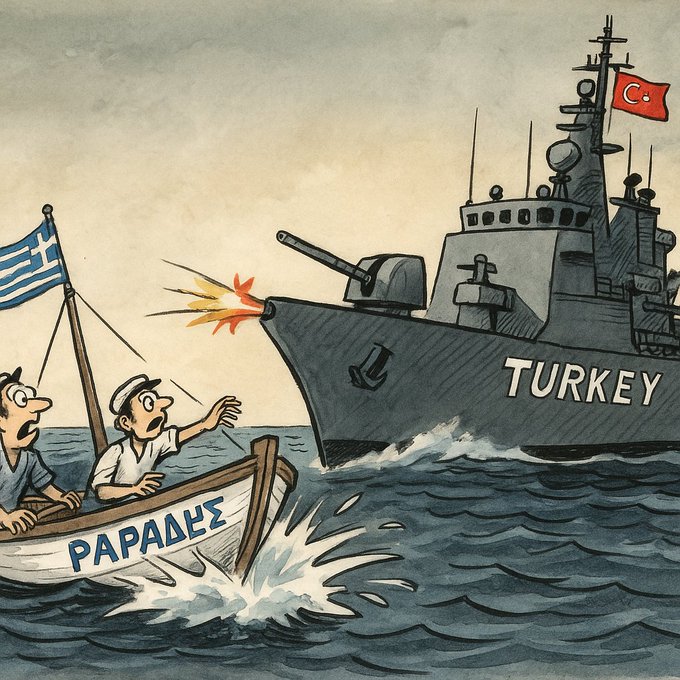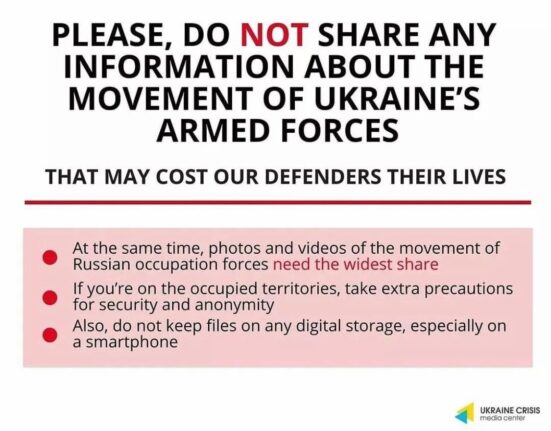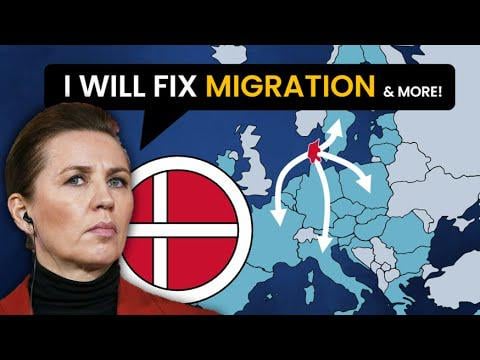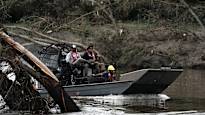Greece faces a deepening crisis as tensions escalate over its handling of migration issues.
Recent reports reveal that fishermen have been banned from the Aegean Sea, a move that could have significant implications for the country’s economy and local communities.
Additionally, concerns are mounting as over 100,000 migrants are reportedly waiting to enter Greece via Libya, posing a major challenge for Greek authorities already struggling to manage the influx of asylum seekers.
The situation has been further exacerbated by reports of ministers facing humiliation at the hands of African warlords, highlighting the complex geopolitical dynamics at play in the region..
The ban on fishermen in the Aegean Sea is a drastic measure that has sparked outrage among local fishing communities and raised questions about the government’s approach to addressing migration issues.
With the Aegean being a vital fishing ground for Greece, the ban not only impacts the livelihoods of fishermen but also raises concerns about the broader implications for the country’s seafood industry.
Moreover, the reported presence of a large number of migrants waiting to enter Greece via Libya underscores the urgent need for a coordinated and effective response from European Union member states to address the ongoing migration crisis..
The humiliation faced by Greek ministers at the hands of African warlords further highlights the challenges Greece is confronting in its efforts to navigate complex international relations.
The incident underscores the need for diplomatic solutions and effective communication strategies to address sensitive issues and prevent further escalation of tensions.
As Greece grapples with these multifaceted challenges, it faces a critical juncture that will test its ability to uphold governance and national sovereignty in the face of mounting pressures..
The developments in Greece signal a pressing need for comprehensive and coordinated action at both national and European levels to address the escalating migration crisis and geopolitical challenges facing the country.
The situation underscores the importance of proactive and strategic decision-making to safeguard Greece’s interests and uphold governance in the face of external pressures.
Moving forward, effective cooperation and dialogue among European countries will be essential to finding sustainable solutions to the complex issues at hand and ensuring stability in the region..









Leave feedback about this